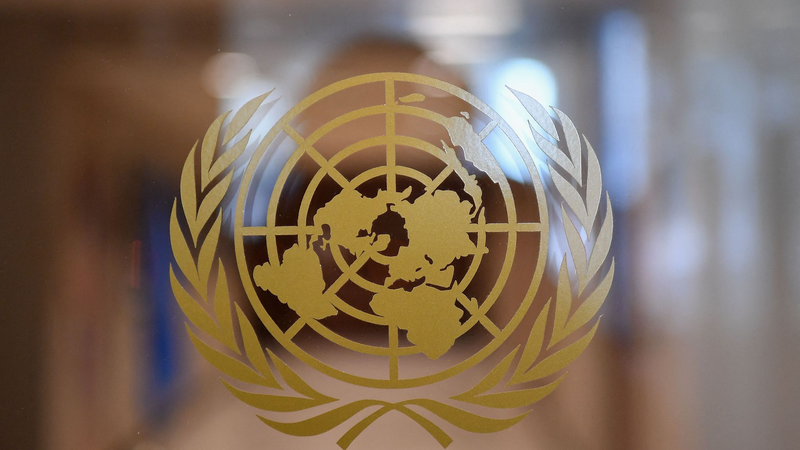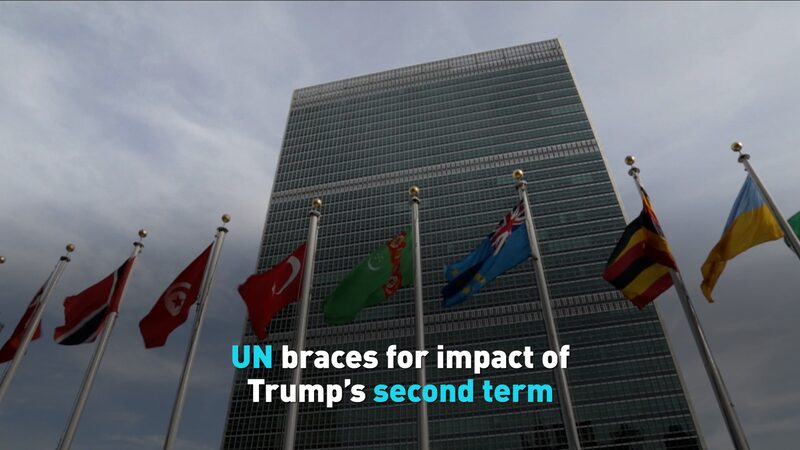The United Nations Conference on Trade and Development (UNCTAD), a key player in supporting developing economies, is grappling with significant budget reductions as global donor funding declines. Secretary-General Rebeca Grynspan described the proposed cuts as "painful," warning they could hinder the agency's ability to address rising demand for its services amid escalating trade tensions.
Budget Constraints and Global Impact
UNCTAD has proposed eliminating 70 positions from its 500-strong workforce, including permanent staff and consultants, as part of broader UN-wide reforms. Grynspan emphasized the unprecedented scale of the cuts, stating, "This will constrain the organization and the things we can do" at a time when countries increasingly rely on UNCTAD to navigate complex trade policies, such as tariffs imposed during the Trump administration.
Broader UN Financial Challenges
The cuts reflect wider liquidity issues within the UN system, exacerbated by reduced contributions from major donors like the U.S. The UN Secretariat aims to slash its $3.7 billion budget by 20%, with final decisions on UNCTAD's restructuring expected in September. Meanwhile, agencies across the UN network face tough choices, including potential relocation of offices like the Geneva-based human rights headquarters at Palais Wilson.
Implications for Developing Economies
Analysts warn that reduced UNCTAD capacity could leave developing countries without critical support to analyze trade policies, access markets, and manage economic disruptions. The agency's work has gained urgency as nations seek guidance on responding to protectionist measures and reshaping supply chains.
Reference(s):
UNCTAD says it faces 'painful' cuts as countries navigate tariffs
cgtn.com








